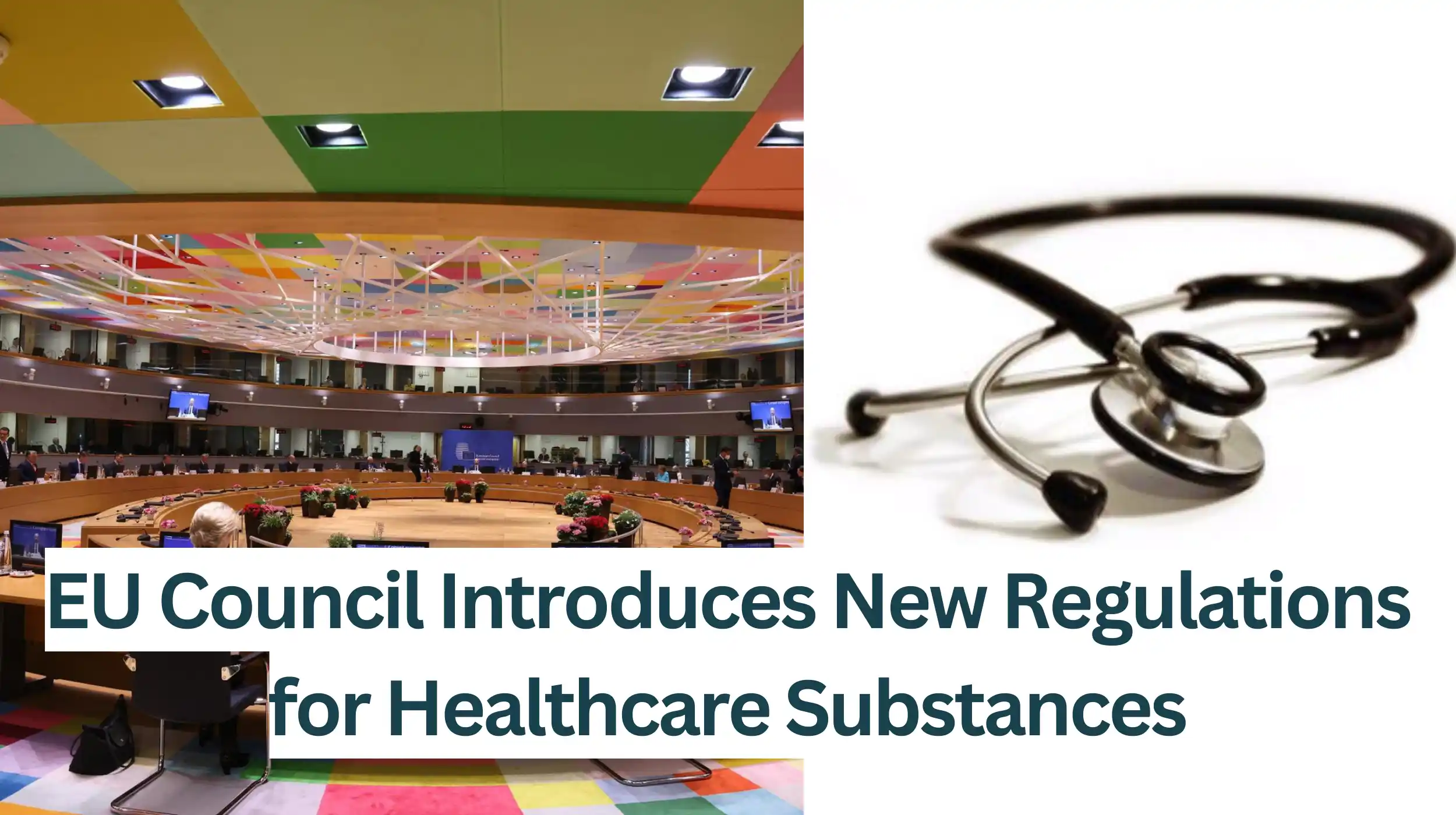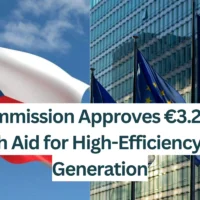Brussels (Brussels Morning) – The European Council has enacted new regulations to bolster safety and quality standards for blood, tissues, and cells in healthcare, promoting cross-border circulation within the EU while ensuring donor and recipient protection.
The European Council has assumed new rules aimed at enhancing the safety and quality of blood, tissues and cells employed in healthcare and facilitating cross-border circulation of these substances in the EU.
How does the regulation impact substances of human origin?
According to the Press of the European Council, the regulation of substances of human origin (SoHO) will ensure adequate protection for donors and recipients, as well as for minors born following medically assisted reproduction. The new regulations aim to strengthen the current legal framework while also increasing flexibility in order to keep up with scientific and technological developments. Under the new law, member states may decide to apply stricter standards to protect their citizens.
What additions are made to the scope of SoHO?
European Council states that the text adopted widens the scope of SoHO to include human breast milk and intestinal microbiota. It also seeks to future-proof the EU’s legislation by involving other SoHO that may involve humans in the future and by letting more flexible future updates. The regulation covers a broad range of activities from enrollment and testing of donors, collection and processing to human application and clinical development monitoring of substances of human origin.
How does the regulation enhance safety and harmonization?
As reported by the Press in addition to enhancing quality and safety, the regulation aims to improve harmonisation and facilitate cross-border exchanges and access to SoHO, including by forming an EU-level SoHO coordination board, introducing common EU-wide procedures and additional authorisation and inspection requirements.
Under the new law, donations of SoHO should be voluntary and owed as a matter of principle, and donors must not be equipped with financial incentives to donate. Living donors may obtain compensation or reimbursement as suitable in line with national legislation.
How does the regulation address potential threats and shortages?
The regulation also supplies a rapid alert system to manage serious incidents or reactions that are likely to pose a threat to recipients or donors. Member states should also make proper efforts to ensure the sufficient, fair and resilient supply of critical SoHO in their nations, including by drawing up national emergency procedures, including measures to respond to critical shortages.
Why were existing directives evaluated and updated?
The existing directives on blood, tissues and cells were assumed in response to the transmission of communicable illnesses in the 1980s and 1990s. Their recent evaluation revealed that patients, donors and children born from donated eggs, sperm or embryos were not fully shielded from avoidable hazards, as the current framework is not up to date with scientific evolution. Moreover, member states have been involving different oversight systems. This has hindered the cross-border exchange of blood, tissues and cells and has not advanced innovation in this sector.
On 19 July 2022, the European Commission submitted a proposal for a regulation on standards of quality and protection for substances of human origin planned for human application. The proposal produces lessons learnt, including from the recent COVID-19 pandemic. It handles the risk of disease transmission by blood, tissues and cells and the requirement for sufficiency of supply.




